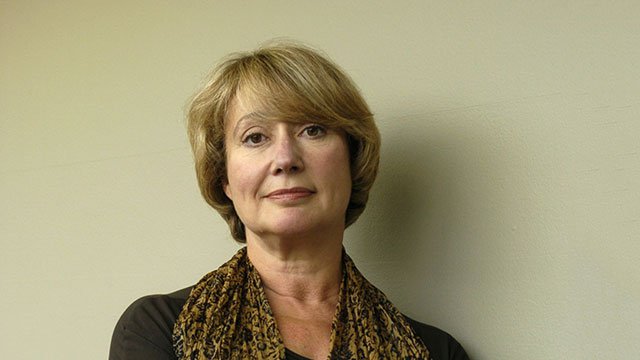Last week the Truth and Reconciliation Commission (TRC) released its report, identifying “cultural genocide” as a goal of Canada’s Indian Residential Schools. This report calls us to question not only historical violence but also the continual violence inflicted on Indigenous peoples in Canada. As Justice Murray Sinclair, TRC Commissioner, put it: “this is only the beginning” for reconciliation is an ongoing process that involves challenging colonial attitudes today.
It is in this spirit of challenging colonial attitudes that I take issue with Margaret Wente’s editorial published in The Globe and Mail.
In her article, entitled “Adventures in Academia,” Wente insists that Canadian academics are too concerned with “the virtues of everything Indigenous.” This argument is based on her observations at Congress, a conference that brings together scholars from across the country. Despite the fact that this conference took place in Ottawa during the release of the TRC, Wente expresses surprise to see so many academics “seized” with social justice issues facing Indigenous peoples. She belittles the significance of Indigenous youth art discussed at this event.
Wente is dismayed that academics are questioning class instead of chatting about the “classics.” She bemoans the lack of “serious” debate on real topics, like Shakespeare. I wonder, especially in light of the atrocities recently exposed in the TRC, what could be more serious than issues facing Indigenous peoples?
Wente finds research promoting Indigenous “food justice” especially hard to swallow. She sees returning control of food to Indigenous peoples as frivolous work. She suggests that challenging Canada’s Food Guide, which fails to accommodate traditional diets, is not a “practical” concern. The cruel irony is, she conveys this disregard just as the TRC acknowledges that thousands of Indigenous children have died of malnutrition in this country due to colonial policies.
If Wente found Congress frustrating because it forced her to face persistent inequalities in Canada, then it succeeded. To be sure I have my own critiques of this conference — the fact that hundreds fly across the country to worry about the environment is one such criticism. If by “pretentious jargon” Wente refers to language that is unclear, then I agree this too can be a fault of academic conferences like Congress. That the content of Congress delves into issues of class, gender and continual oppression of Indigenous peoples in this country is not one its problems.
The same week that the TRC condemns Canada for its violent disregard of Indigenous peoples, Wente suggests that Canadian academics are too concerned with “everything Indigenous.” She is worried they show “no sign of letting go” of this concern.
As an academic who works in solidarity with Indigenous peoples to challenge food insecurity, I can assure you that I will not be letting go anytime soon. If anything, Wente’s article only confirms the need for more decolonizing work.
Jen Bagelman is a SSHRC postdoctoral scholar at The University of British Columbia and a lecturer in Geography at the University of Victoria.




